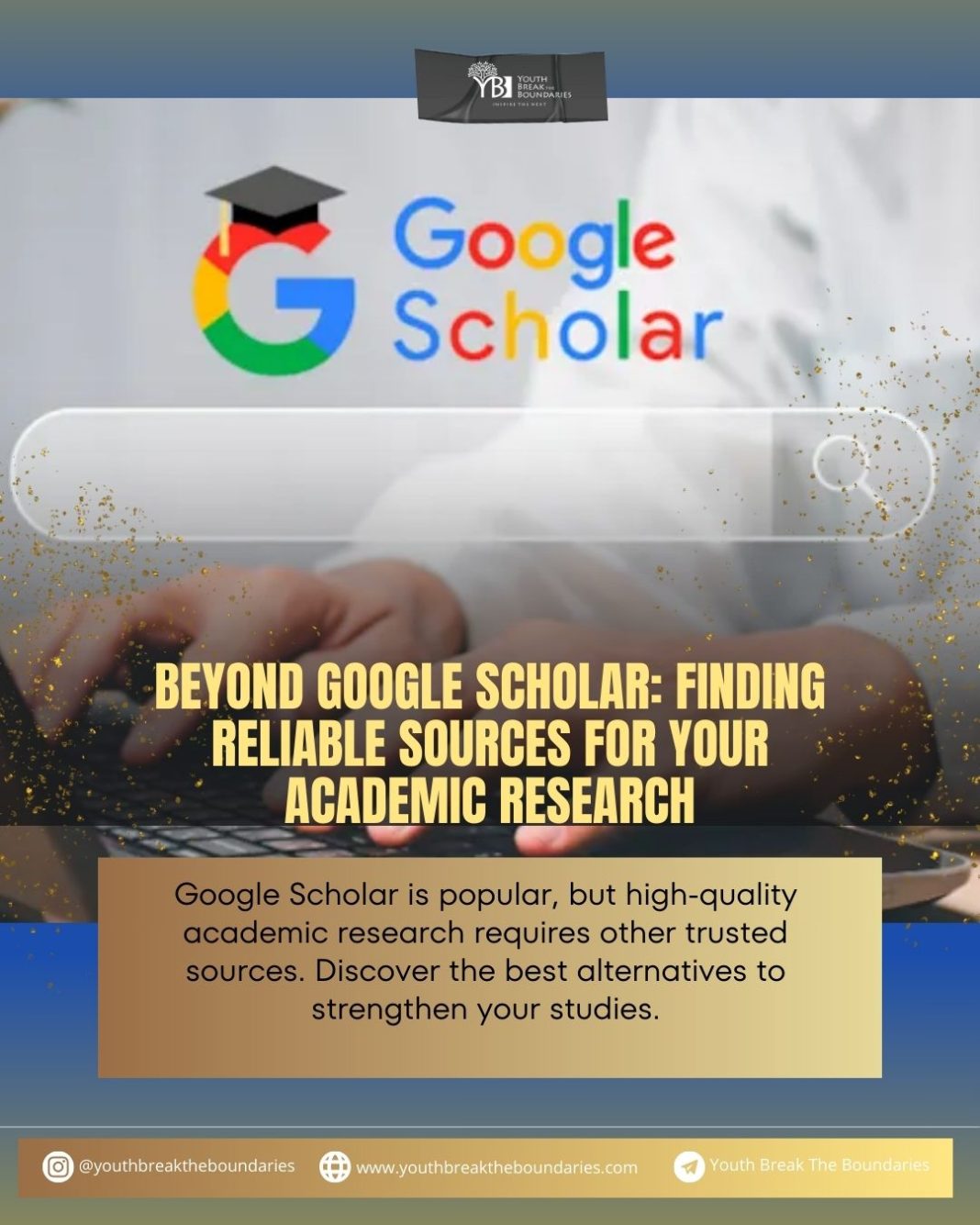Why You Should Look Beyond Google Scholar
Google Scholar is often the starting point for students and researchers. However, while it is convenient, not all sources on the platform are academically reliable. Some articles may not have gone through peer review or could contain bias.
By exploring other sources, you can broaden your perspective, find more valid data, and ensure your research is credible.
Also read: Show Your Excitement for Korea Youth Summit 2026 with a Twibbon!
University Digital Libraries
University digital libraries are among the most reliable sources. Many universities provide free access to international journals, e-books, and specialized databases.
Examples include JSTOR, ProQuest, and EBSCO, which are often accessible to students through their campus accounts.
Using these resources not only enriches your references but also ensures your data comes from verified studies.
International Academic Databases
Beyond Google Scholar, there are numerous reputable academic databases, such as:
- Scopus – Indexes high-quality journals from various disciplines.
- Web of Science – Features publications that have passed strict selection processes.
- ScienceDirect – Specializes in science, technology, and medical research.
Using these databases helps your research gain greater academic recognition.
Open Access Research Archives
If you have limited access to paid journals, you can use open-access archives like:
- DOAJ (Directory of Open Access Journals)
- arXiv for physics, mathematics, and computer science
- PubMed Central for medical and biotechnology research
Open-access sources allow you to access quality research without cost.
Also read: Mexico: Día de Muertos, Life After Death in a Colorful Tradition
The Importance of Source Evaluation
Not all information on the internet is valid. Therefore, it is crucial to check:
- Author credibility
- Year of publication
- Peer review process
- Number of citations
Proper evaluation helps you avoid using weak or irrelevant references.
Conclusion
Google Scholar is useful, but relying on one platform may limit your research quality. By combining digital libraries, international databases, and open-access archives, you can ensure your work is richer, more reliable, and academically recognized.If you want to improve your research skills and engage in academic discussions, the Youth Academic Forum by Youth Break the Boundaries is the perfect opportunity. This program invites young people to learn, collaborate, and present their research on an international stage.





